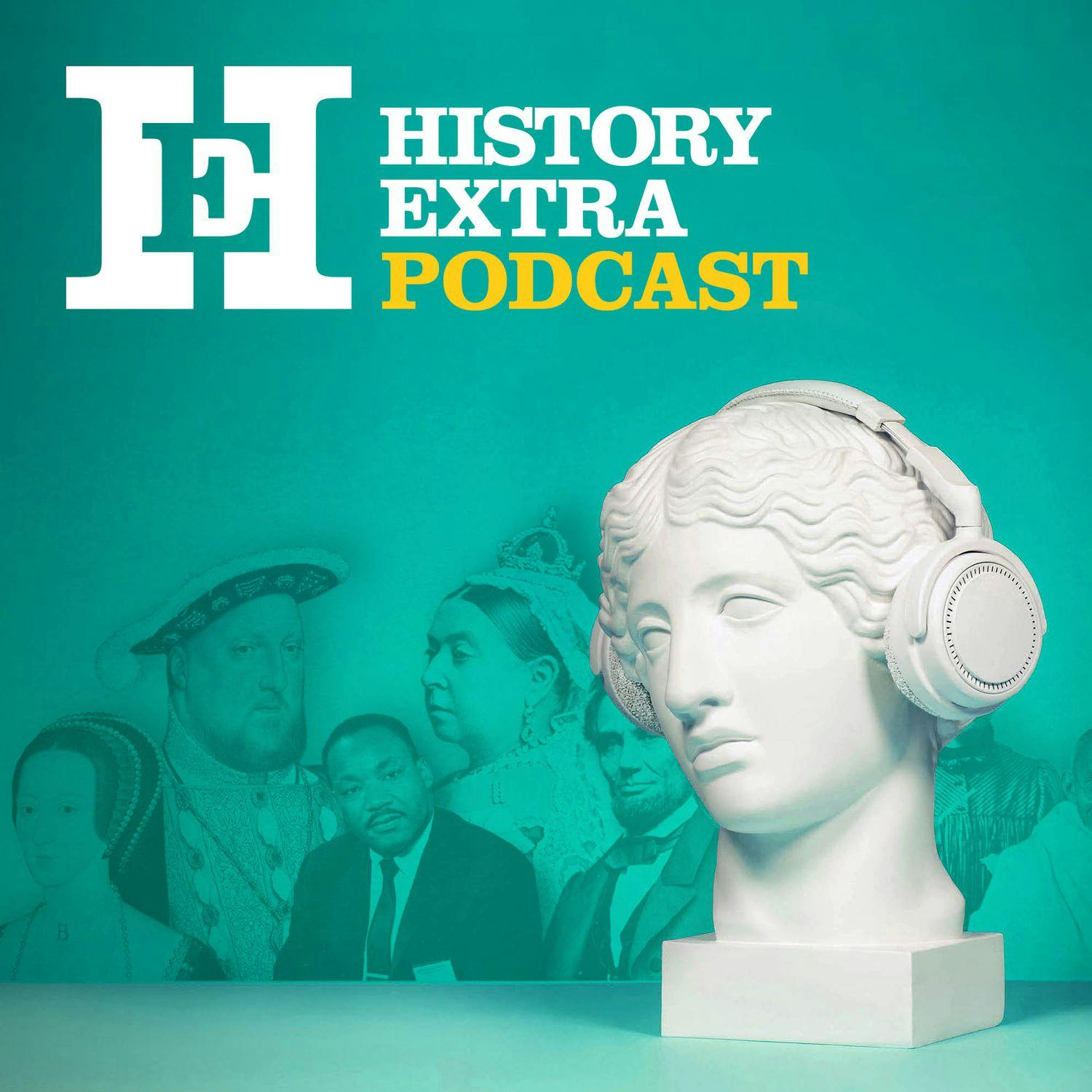
HistoryExtra podcast
The HistoryExtra podcast brings you gripping stories from the past and fascinating historical conversations with the world's leading historical experts. HistoryExtra is a free history podcast, with episodes released six times a week. Subscribe now for the real stories behind your favourite films, TV shows and period dramas, as well as compelling insights into lesser-known aspects of the past. We delve into global history stories spanning the ancient world right up to the modern day. You’ll hear deep dives into the lives of famous historical figures like Cleopatra, Anne Boleyn and Winston Churchill, and explorations of intriguing events from the past, such as the Salem witch trials, the battle of Waterloo and D-Day. Expect fresh takes on history, helping you get to grips with the latest research, as we explore everything from ancient Roman archaeology and Viking mythology to Renaissance royals and Tudor kings and queens. Our episodes touch on a wide range of historical eras – from the Normans and Saxons to the Stuarts, Victorians and the Regency period. We cover the most popular historical subjects, from the medieval world to the Second World War, but you’ll also hear conversations on lesser-known parts of our past, including black history and women’s history. Looking at the history behind today’s headlines, we consider the forces that have shaped today’s world, from the imposing empires that dominated continents, to the revolutions that brought them crashing down. We also examine the impact of conflict across the centuries, from the crusades of the Middle Ages and the battles of the ancient Egyptians to World War One, World War Two and the Cold War. Plus, we uncover the real history behind myths, legends and conspiracy theories, from the medieval murder mystery of the Princes in the Tower, to the assassination of JFK. Featuring interviews with notable historians including Mary Beard, Tracy Borman, James Holland and Dan Jones, we cover a range of social, political and military history, with the aim to start conversations about some of the most fascinating areas of the past. Unlock full access to HistoryExtra.com for 6 months for just 99p https://www.historyextra.com/join/